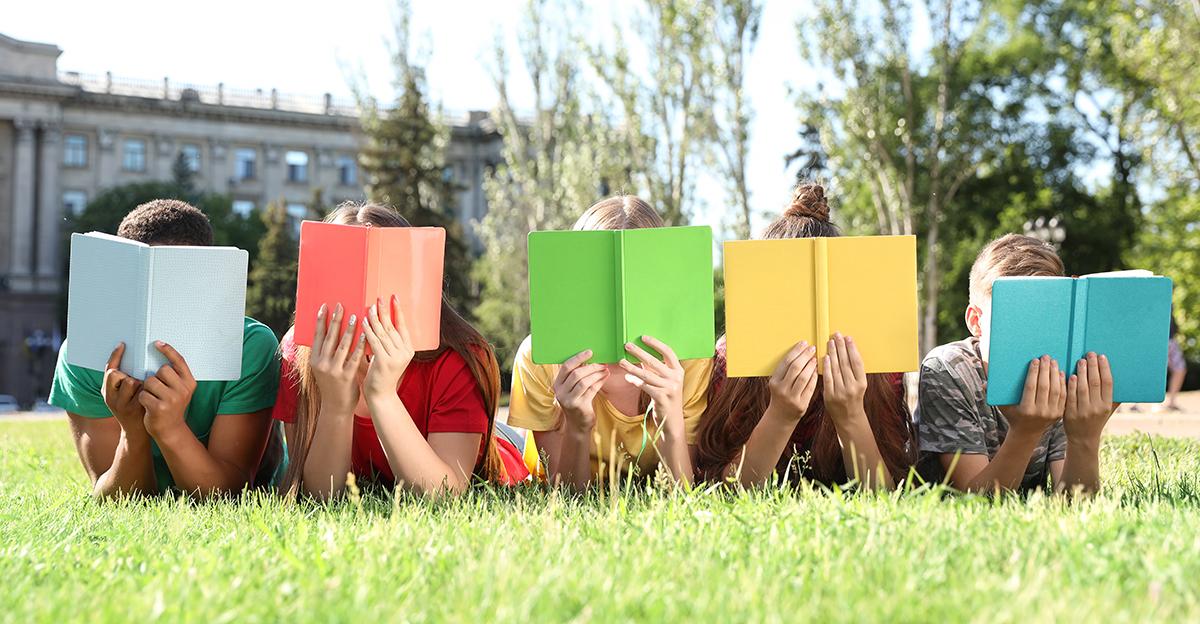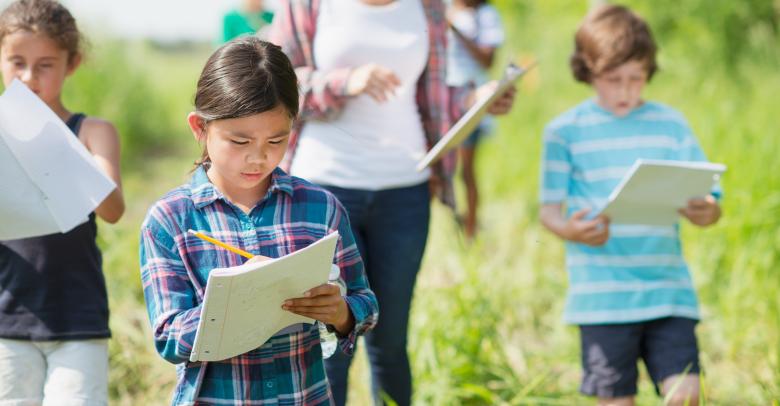From the end of one school year to the beginning of the next, all students will inevitably experience summer learning loss to some degree. While the loss of reading skills is an issue for many children, according to Harvard Education, losing math skills is an even bigger problem for students from all backgrounds. Summer learning loss is a real problem for students, but their caregivers and educators can take several steps to counter it.
What Causes Summer Learning Loss?
Summer is often the time reserved for family vacations and fun outdoor activities. While it’s great for kids to be physically active, academic activities aren’t prioritized during the summer months. Many children don’t spend enough time reading, playing strategic games, or working on other learning activities that will maintain their academic skills, boost brain power, and encourage overall learning. In fact, less than 10 percent of America’s students participate in summer school. Most students simply don’t spend enough time during the summer months engaging in academic activities.
How Can Educators Prevent Summer Learning Loss?
Teachers can do several things to equip students and families as they head off for summer. Try some of these tips to help prevent summer learning loss.
1. Create Partnerships with Local Libraries
Arrange a trip to a local library before the end of the school year, or invite a librarian to visit the class and bring information about summer programs.
2. Collect Books
Offer used books for students to take with them over break to encourage reading in the summer months. Check with parents and other community members for additional used book donations.
3. Give Families Information
Ensure that caregivers receive information about the realities of summer slide and ways to counter its effects. Provide families with a list of educational activities within the community, such as summer reading programs, local tutoring programs, or museums and historical landmarks for learning opportunities.
How Can Students Prepare for the Next School Year?
There are several things caregivers can do to make sure their child doesn’t suffer from summer learning loss and is well prepared for the next school year.
4. Encourage Creative Writing
To make writing fun, have your children write about activities they enjoy. Encourage writing in any format—they can write about their favorite part of a family vacation or what it felt like after their team won a Little League game. If they’re reluctant, ask them to start with writing the grocery list or a letter to a family member. If your child is a reader, combine the two with a book review. Don’t forget to ask them to cite examples of why they liked or disliked the book!
5. Set a Goal for Reading
Encourage your child to read throughout the summer by setting a goal, even if it’s only one or two books. Time at the beach or riding in the car can be spent reading. If they are reluctant, read a book with them. This will allow them to see you reading and allow you to hear them read. Discuss the book, the characters, and your thoughts or reaction to increase their comprehension.
6. Prepare for the New School Year

Ensure your child isn’t overwhelmed with new material when school starts by preparing them throughout the summer. Materials like the Summer Blast series from School Specialty provide students and caregivers key skills and objectives from the previous grade and the beginning of the next grade. It provides ideas for easy-to-implement family activities that foster everyday learning.
7. Include Math
Handing a child a book or assigning a creative writing project is usually easier than engaging in math problems. But whether it’s computer games, worksheets, or a few simple math problems each day, it’s important to ensure math is part of any summer enrichment.
The summer doesn’t have to be a time of learning loss! Don’t neglect fun family and outdoor adventures, but remember that setting aside even a few times each week for academic activities can make a major difference in learning retention over the summer.






Leave a Reply